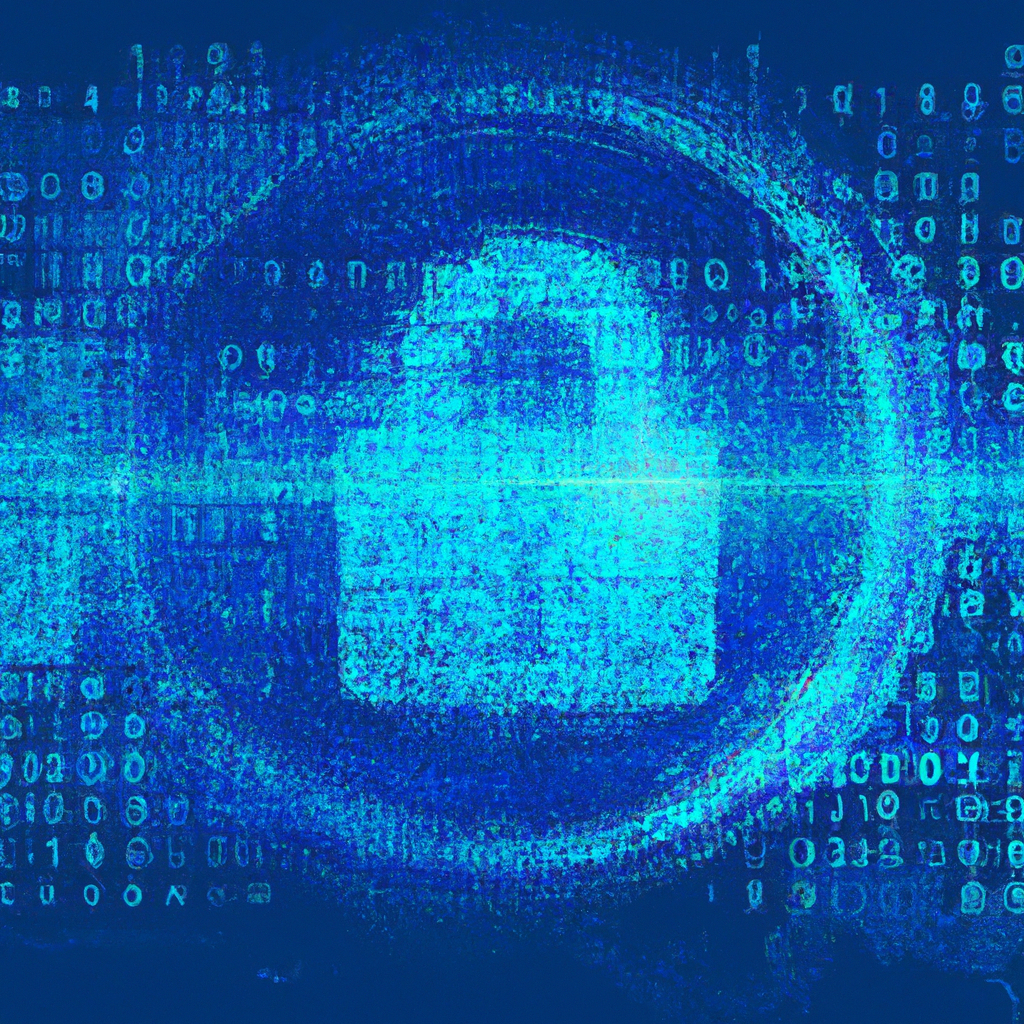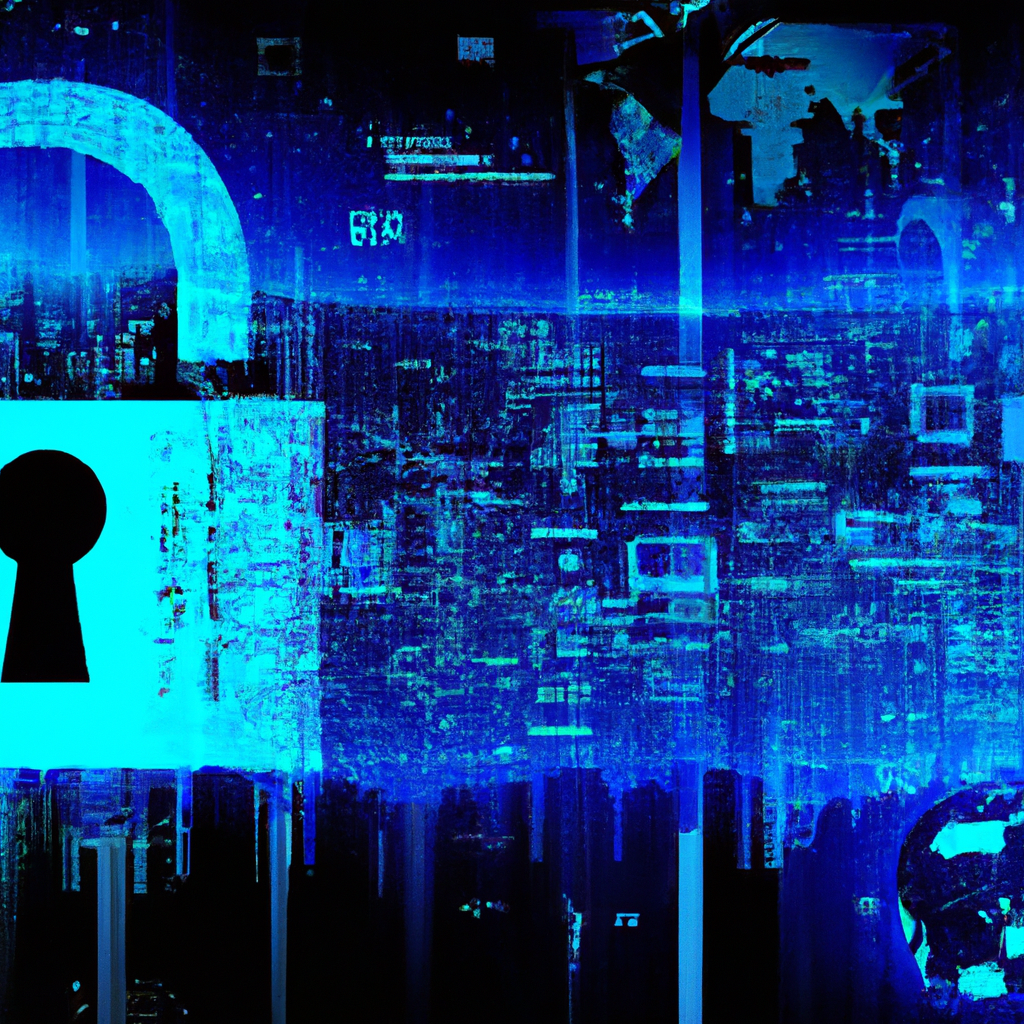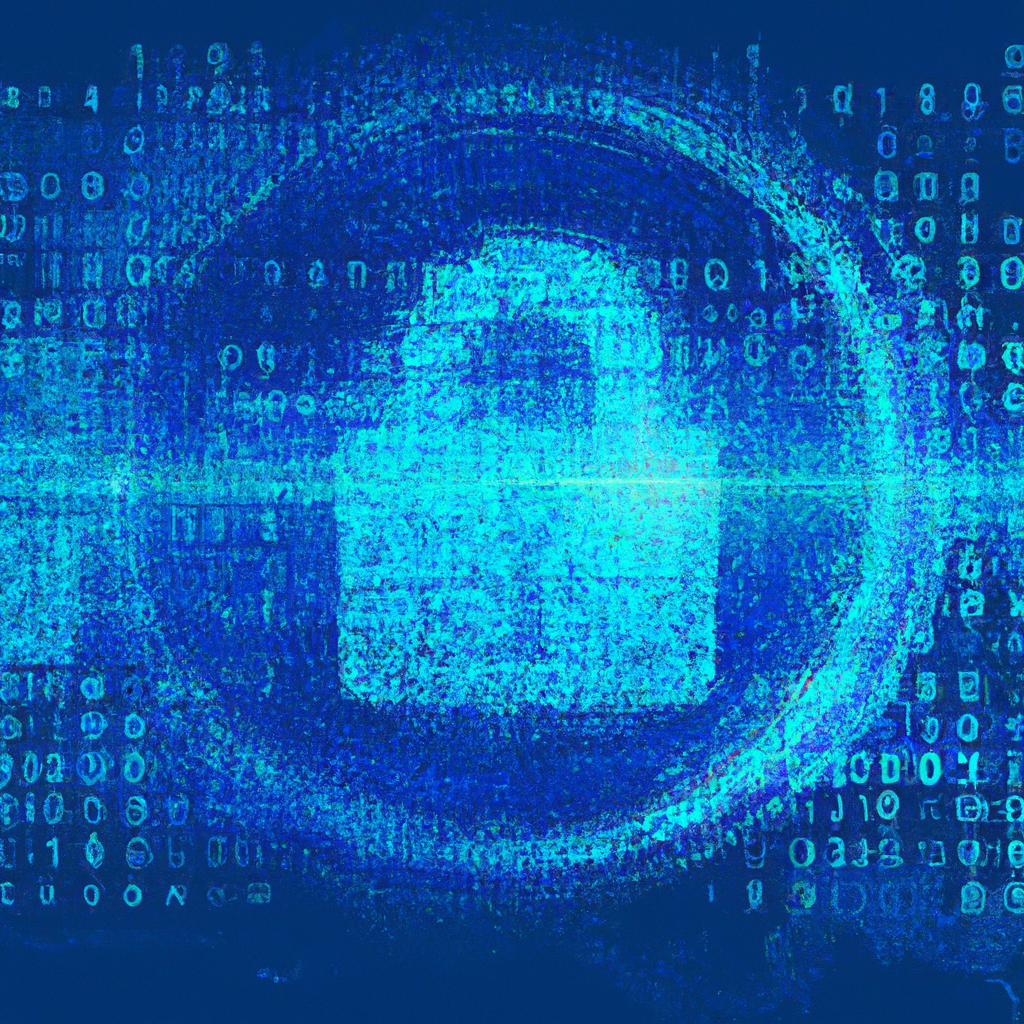In this article, we will explore the essential practices that will help you safeguard your beloved smart TV from the ever-increasing cyber threats lurking in the digital realm. With the rise of interconnected devices and the growing presence of smart technology in our homes, it is crucial to ensure the security of our entertainment hub. From setting strong passwords to keeping your software up to date, we’ll discuss simple yet effective steps to protect your smart TV and enjoy worry-free streaming experiences. So, without further ado, let’s dive into the world of smart TV security together!
Securing Your Smart TV From Cyber Threats
Smart TVs have become an integral part of our daily lives, allowing us to enjoy countless hours of entertainment with the touch of a button. However, it’s important to prioritize the security of these devices to protect ourselves from potential cyber threats. In this article, we will discuss the best practices for securing your smart TV from cyber threats, ensuring a safe and worry-free entertainment experience.

Regular Software Updates
One of the most crucial steps in securing your smart TV is to regularly update its software. Just like any other electronic device, smart TVs are vulnerable to software bugs and security loopholes that can be exploited by cybercriminals. By keeping your smart TV’s software up to date, you ensure that any known vulnerabilities are patched, minimizing the risk of intrusion. Check for software updates frequently and enable automatic updates, if available, for added convenience.
Strong Passwords
Another essential measure to protect your smart TV is to set strong and unique passwords. Many smart TVs come with default passwords that are easily guessable by hackers. It is important to change these default passwords during the initial setup and replace them with strong, complex passwords that include a combination of letters, numbers, and special characters. Avoid using easily guessable information, such as your birthdate or the word “password,” as your password. Remember, the stronger the password, the more difficult it becomes for hackers to gain unauthorized access to your smart TV.

Network Security Measures
Ensuring the security of your home network is crucial for protecting your smart TV and other connected devices. Begin by setting up a strong, secure password for your Wi-Fi network to prevent unauthorized access. Additionally, it is recommended to activate Wi-Fi Protected Access (WPA2) encryption, the most secure option available, to further safeguard your network. Regularly monitor your network for any suspicious activity, and promptly address any potential security breaches to keep your smart TV safe.
Firewall Protection
Enabling your smart TV’s built-in firewall can provide an extra layer of protection against potential cyber threats. A firewall acts as a barrier between your smart TV and the internet, filtering out malicious traffic and preventing unauthorized access. Check your smart TV’s settings or user manual to locate and enable the firewall feature. By doing so, you significantly reduce the risk of cyberattacks and ensure a safer browsing experience on your smart TV.

Disable Unused Features
Smart TVs often come equipped with a range of features and functionalities. However, it is essential to disable any unused features to reduce the surface area for potential cyber threats. Unused features can be exploited by hackers as entry points into your smart TV. Review your smart TV’s settings menu and disable any unnecessary features or services that you do not utilize regularly. This simple step can go a long way in minimizing the risk of cyberattacks.
Secure Wi-Fi Connection
Your Wi-Fi connection plays a pivotal role in the security of your smart TV. Ensure that your home Wi-Fi network is password protected and that the password is strong and unique. Avoid using common or easily guessable passwords and consider changing it periodically for added security. Furthermore, it is advisable to avoid connecting your smart TV to public Wi-Fi networks, as they are often unsecured and can leave your device vulnerable to cyber threats. Stick to your private, secure Wi-Fi network to keep your smart TV protected.

Disable Remote Access
While the convenience of remotely accessing your smart TV may be appealing, it is crucial to weigh the security risks associated with this feature. Remote access allows hackers to potentially gain control of your smart TV from anywhere in the world, leading to unauthorized access, data breaches, and privacy violations. To mitigate these risks, disable remote access on your smart TV unless absolutely necessary. By doing so, you significantly reduce the chances of falling victim to a cyberattack.
Use Privacy Settings
Many smart TVs offer privacy settings that allow you to control the information being collected and shared by the device. Utilize these privacy settings to your advantage. For instance, you can disable features that record and store voice commands or limit personalized advertisement tracking. By taking control over your smart TV’s privacy settings, you protect your personal information and ensure a more secure and private entertainment experience.

Be Cautious with Downloads
It is crucial to exercise caution when downloading and installing apps or software on your smart TV. Stick to trusted sources, such as official app stores, to minimize the risk of downloading malicious software that could compromise the security of your smart TV. Avoid sideloading apps from unknown sources, as they may contain hidden malware or spyware that can access sensitive data on your device. Always read user reviews and check the app’s permissions before downloading to ensure a safe and secure experience.
Protect Your Personal Information
Last but not least, safeguarding your personal information is paramount when it comes to securing your smart TV. Be mindful of the data you share with your smart TV and the apps installed on it. Review the privacy policies of any apps or services you use and ensure they adhere to industry best practices for data protection. Additionally, avoid sharing sensitive information, such as credit card details or social security numbers, on your smart TV unless it is absolutely necessary. By taking these precautions, you protect your personal information from falling into the wrong hands.
In conclusion, securing your smart TV from cyber threats requires a proactive approach and adherence to best practices. By regularly updating the software, setting strong passwords, implementing network security measures, enabling firewall protection, disabling unused features, securing your Wi-Fi connection, disabling remote access, using privacy settings, being cautious with downloads, and protecting your personal information, you can enjoy a safe and worry-free entertainment experience on your smart TV. Stay vigilant, prioritize security, and take the necessary steps to protect yourself from potential cyber threats. Your peace of mind is worth it!
